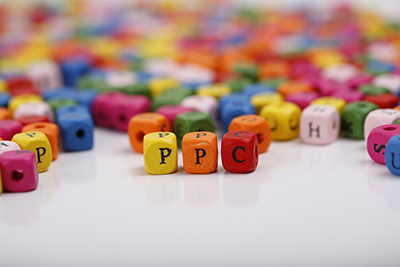
Website visibility is of the utmost importance if you want to stay ahead of the competition and compete in the online realm. Search engine optimization (SEO) and pay-per-click (PPC) are some of the processes that can increase the quality and quantity of website traffic.
One of the most important digital marketing decisions is this:
“Should our brand focus on SEO or PPC to attract more Web traffic?” Let’s look at a quick comparison of the two:
- SEO: Provides organic traffic that may arrive on virtually any keyword-optimized page.
- PPC: Provides paid traffic that can be driven right to conversion-focused landing pages.
Both SEO and PPC are powerful in getting your message in front of those who can use it. They each capture search traffic relevant to you, speaking to people in need of your expertise.
However, there’s a big difference in how that traffic is obtained and maintained.
SEO ensures that your blog posts and other content will appear in organic search. The goal of an SEO strategy is to have a number of relevant, high-traffic keywords for which your valuable content is likely to appear in the top five search results.
PPC, on the other hand, requires you to pay a certain amount to have your advertisements appear next to that relevant search traffic. You are, in effect, competing with enterprises who already have an effective SEO strategy in place.

When to Focus on SEO or PPC: A Quick Primer
Early on, a B2B firm may not have the personnel, budget, or expertise to lead a full-fledged digital marketing strategy. If you can only emphasize one aspect of digital marketing, it’s vital to understand when SEO and PPC are at their most useful.
SEO is:
- Low-risk: It means a significant investment of time, but not much in money.
- Long-term: An SEO strategy will take about three months to bear first fruit.
- High-impact: SEO can help you stand out in your market for years to come.
The longer you work on your SEO strategy, the more visible you will become in search. This makes it much more difficult for competitors to disrupt your organic search ranks in the future.
PPC is:
- High-risk: Done incorrectly, you may lose your budget with nothing to show for it.
- Short-term: PPC helps only as long as you continue investing in an advertising budget.
- Mid–Impact: PPC is better at driving conversions than long-term brand recognition.
SEO and PPC require very different skill sets. For most established B2B brands, however, the ideal solution is to let these two strategies reinforce one another.
Why choose only one when you can have both? Find out How SEO and PPC Strategies Should Work Together.
